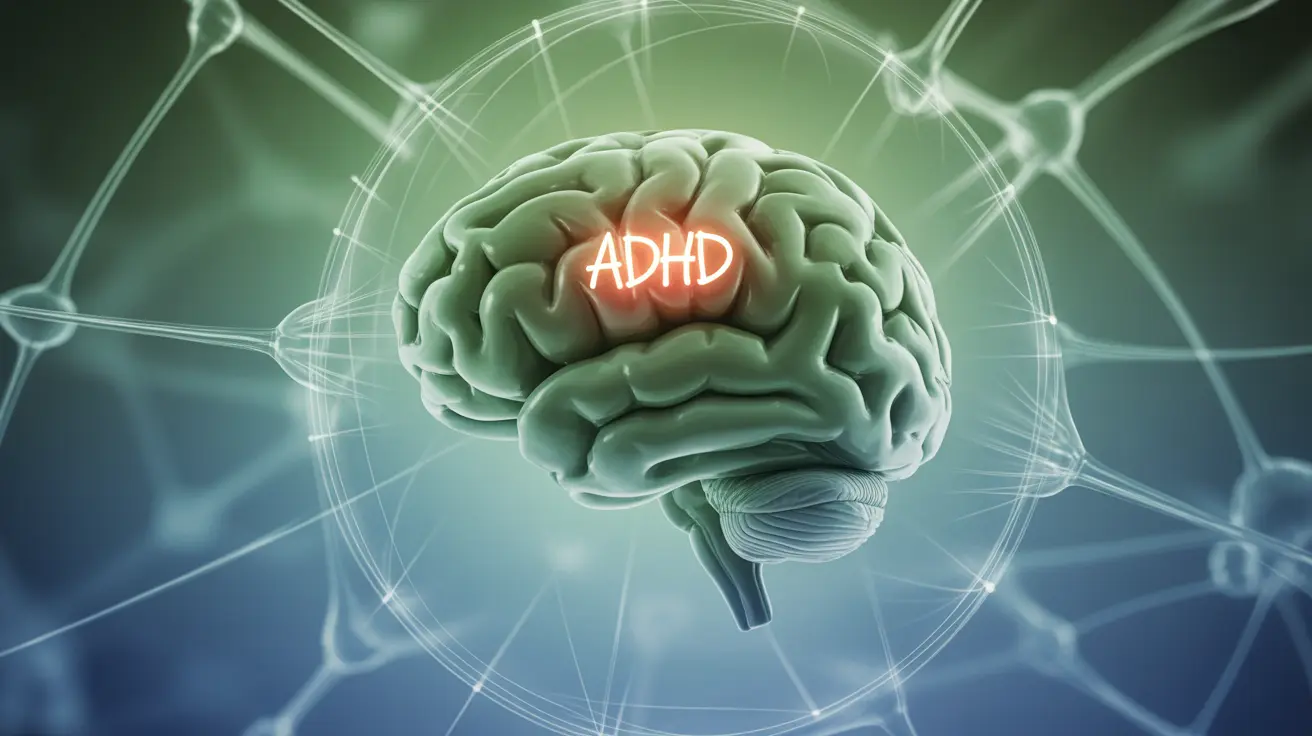Living with ADHD-related impulsivity can present significant challenges in daily life, affecting everything from decision-making to social interactions. This comprehensive guide explores the nature of ADHD impulsivity, its impact, and effective strategies for management.
Whether you're personally affected by ADHD impulsivity or supporting someone who is, understanding this common ADHD trait is crucial for developing effective coping mechanisms and improving overall quality of life.
Understanding ADHD Impulsivity
ADHD impulsivity manifests as a tendency to act without thinking through consequences, often leading to snap decisions and spontaneous behaviors. This characteristic stems from differences in brain function, particularly in areas responsible for executive functioning and impulse control.
Common manifestations of ADHD impulsivity include interrupting others, making hasty decisions, engaging in risky behaviors, and having difficulty waiting one's turn. These behaviors can impact personal relationships, work performance, and overall well-being.
The Neuroscience Behind Impulsive Behavior
The brain's prefrontal cortex plays a crucial role in impulse control and executive functioning. In individuals with ADHD, this area may function differently, affecting the ability to pause and consider consequences before acting. This neurological difference isn't a choice or character flaw but rather a fundamental aspect of how the ADHD brain operates.
Signs and Symptoms of ADHD Impulsivity
Behavioral Indicators
- Interrupting conversations frequently
- Making important decisions without proper consideration
- Difficulty waiting in lines or taking turns
- Acting or speaking without thinking about consequences
- Engaging in risky activities without consideration
Emotional Manifestations
- Quick emotional reactions to situations
- Difficulty managing frustration
- Tendency to act on immediate feelings
- Challenges in emotional regulation
Management Strategies and Solutions
Behavioral Techniques
Implementing specific behavioral strategies can help manage impulsivity effectively. These include using the "stop and think" technique, practicing mindfulness, and developing routines that encourage thoughtful decision-making.
Professional Support
Various therapeutic approaches can help manage ADHD impulsivity, including:
- Cognitive Behavioral Therapy (CBT)
- Mindfulness-based interventions
- Skills training for impulse control
- Medication management when appropriate
Lifestyle Modifications
Creating an environment that supports better impulse control can make a significant difference. This might include:
- Establishing daily routines
- Using reminder systems and organizational tools
- Creating structured environments
- Practicing stress-management techniques
When to Seek Professional Help
Consider seeking professional assistance if ADHD impulsivity significantly impacts your daily functioning, relationships, or quality of life. Warning signs that indicate the need for professional help include:
- Recurring financial difficulties due to impulsive spending
- Frequent relationship conflicts related to impulsive behavior
- Persistent difficulties at work or school
- Engaging in dangerous or risky behaviors
Frequently Asked Questions
What are common signs and behaviors of impulsivity in people with ADHD?
Common signs include interrupting others, making quick decisions without consideration, difficulty waiting turns, blurting out responses, and engaging in risky behaviors without thinking about consequences. These behaviors often manifest in both social and professional settings.
How can someone with ADHD manage impulsivity and improve self-control?
Management strategies include practicing mindfulness techniques, implementing pause-and-plan approaches, using organizational tools, seeking therapy, and potentially incorporating medication under professional guidance. Creating structured environments and routines can also help improve self-control.
Why do people with ADHD struggle with impulsive decisions and what brain functions are involved?
ADHD impulsivity relates to differences in the prefrontal cortex functioning, which affects executive functions like decision-making and impulse control. This neurological variation impacts the brain's ability to pause and consider consequences before acting.
When should a person seek professional help for ADHD-related impulsivity?
Professional help should be sought when impulsivity significantly impacts daily functioning, relationships, work performance, or safety. Persistent difficulties managing finances, maintaining relationships, or controlling risky behaviors are key indicators for seeking help.
What practical strategies or therapies are effective for reducing impulsive behavior in ADHD?
Effective strategies include Cognitive Behavioral Therapy, mindfulness training, organizational tools, structured routines, and environmental modifications. Professional treatment may also include medication management when appropriate, combined with behavioral interventions.




